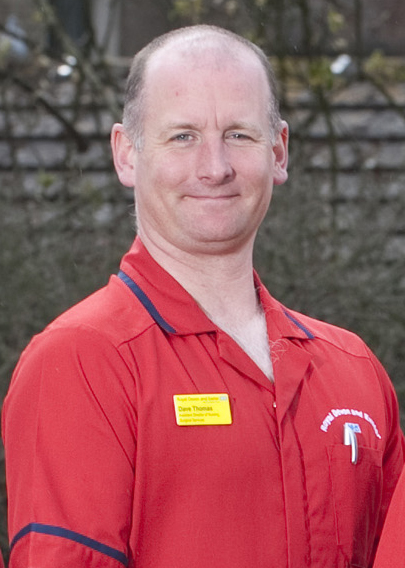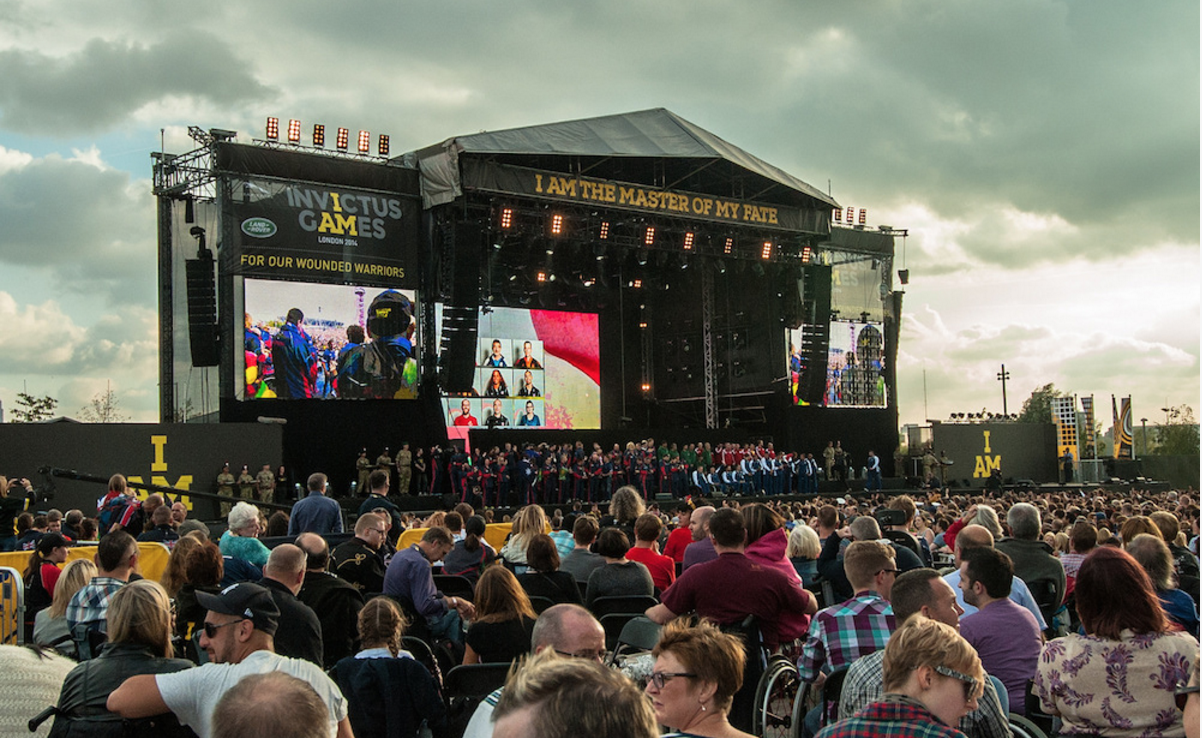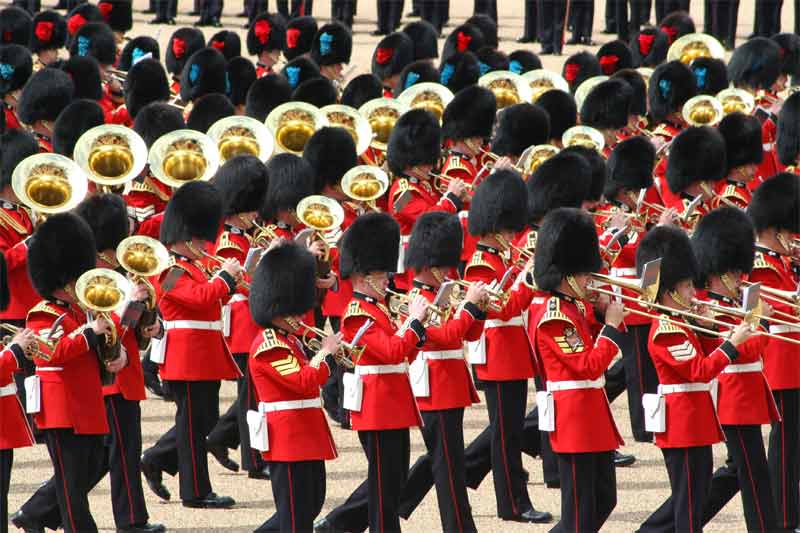Civvy Life – David Thomas, Royal Devon and Exeter NHS Foundation Trust
David Thomas spent a short time previously in the Military before becoming a Reservist for 13 years in field hospitals. During that time he spent four years in Full Time Reserve Service. His primary role at the moment is as the Trauma Nurse Coordinator with 243 Field Hospitals and is also full time Assistant Director of Nursing for the Surgical Services Division at the Royal Devon and Exeter NHS Foundation Trust, based in Exeter.
 How did you get involved with the Reservists?
How did you get involved with the Reservists?
I was working at an acute trust in the south west and they (the Reserves) were having a recruitment day in the reception area. They knew I’d got previous Military experience (albeit non-medical) so they kind of targeted me. I’d got an interest in doing it anyway and they picked up on that.
Why do Military people seemingly thrive in the NHS?
The NHS is a busy place to work. It has that ‘no two days are the same’ quality about it and I think that for people who have a Military background, they thrive on teamwork and communication and there’s a real push on excellence. I know the NHS has a tough time in the press sometimes but everybody who comes to work for the NHS tries to do their best on a daily basis and I think that’s no different to Military personnel. I think it has a very similar ethos.
It’s about reacting even when you’re never quite sure what’s going to happen next. That camaraderie, that teamwork, that cohesion, that coordination comes through and I think people who’ve had that Military background just have a natural instinct of command and control.
Do Service-leavers face any specific challenges when they come to work in the NHS?
It’s a different perspective. When I work in the Military environment I’m generally dealing with fit and healthy people who happen to be injured or unwell at that specific time. When you’re in an NHS environment you’re working with people right across the age spectrum who’ve got lots of other health problems and who are perhaps not as fit and healthy normally. The challenge is different. There are more complex medical needs for patients in the NHS than there are necessarily in the Military environment.
The NHS isn’t an ‘easy’ option. Why should Service-leavers get involved with it?
I think the great thing about the NHS for Service-leavers – whether they’ve got a medical background or not – is that there is an enormous amount of career opportunity. There’s lots of project work, service improvement work, lots of management posts, lots of administration posts and of course, we are always looking for people who have got medical, dental, nursing and therapy backgrounds. You can move around the country, you can move around within your job role, you can move within the hospital. So I think for people who are considering leaving the Forces and want somewhere where they can challenge themselves and have another career, the NHS is naturally suited.
Do you work alongside other people with Forces backgrounds?
We have Serving members of the regular Forces and we’ve got a number of Reservists. In fact, here in Exeter is right next door to a Reserve centre so one of the benefits is that I can park at the barracks and walk into work without paying to park!
We have a bronze award for employer recognition. We are working on our silver award at the moment and ultimately we’d like to get a gold because we can see the benefits of working with people who’ve got Military backgrounds. We’re primed for it.
Can you spot Service-leavers?
There is a resilience amongst Forces personnel and you can spot it. There’s also a confidence so once you get to know people, you start to see those traits.
More:
http://jobs.rdehospital.nhs.uk
Twitter: @RDEcareers



